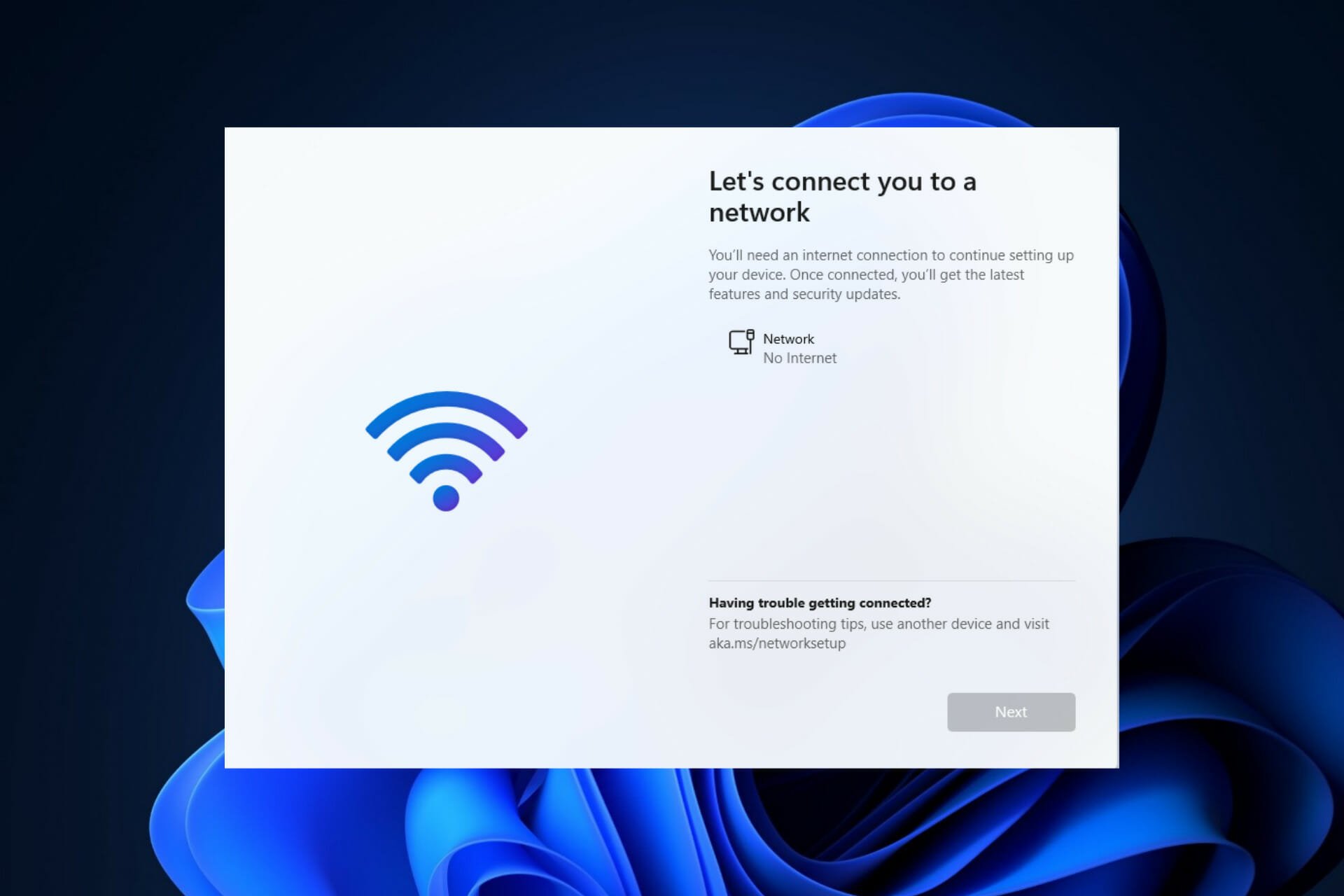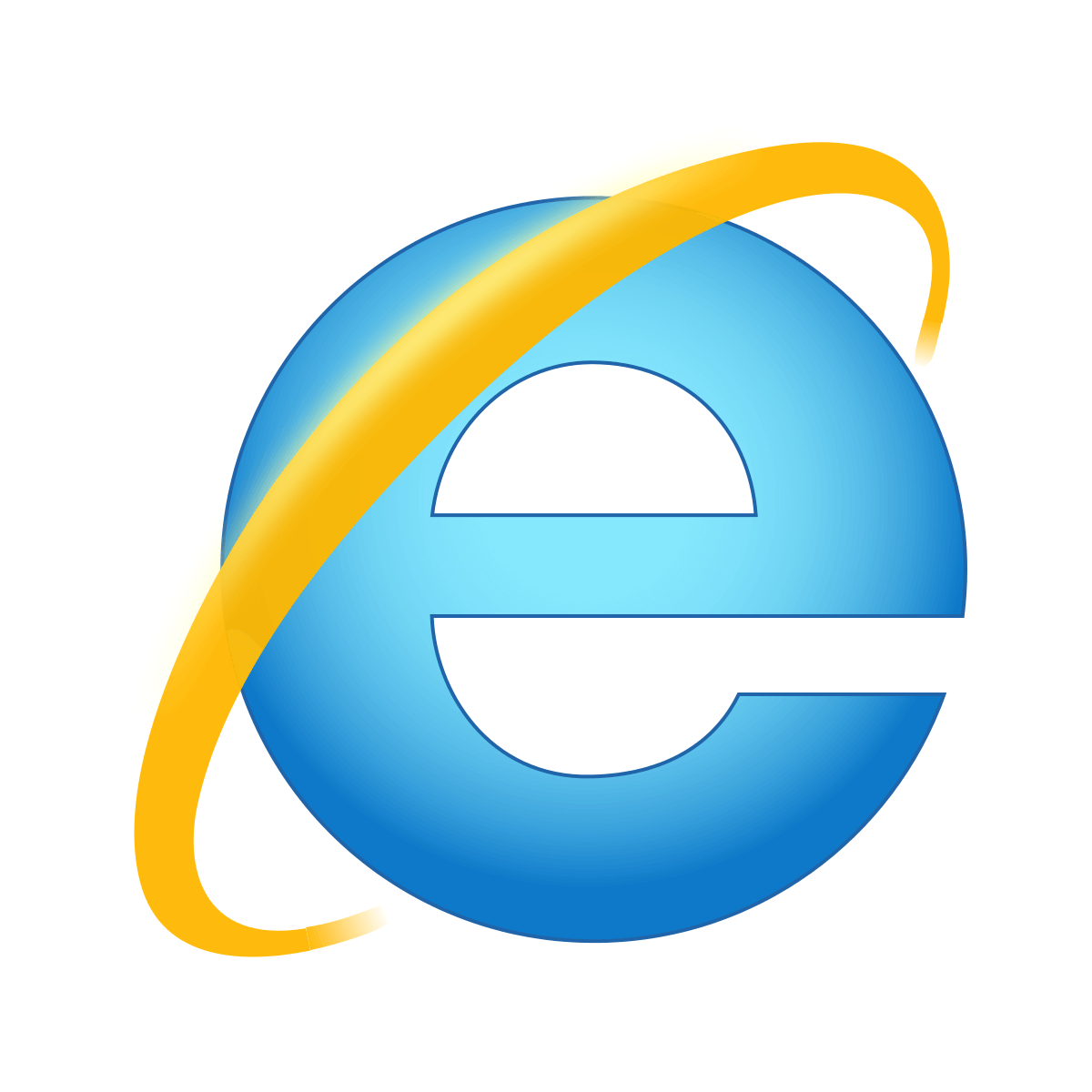RemoteIoT has become a revolutionary solution for connecting devices across the internet. If you're looking to utilize RemoteIoT on Windows 10 without incurring any costs, this guide is designed to help you. Whether you're a tech enthusiast, a small business owner, or a hobbyist, understanding how to implement RemoteIoT efficiently is essential for modern connectivity needs.
In today's digital age, connecting IoT devices over the internet is no longer a luxury but a necessity. RemoteIoT allows users to remotely access and manage their IoT devices from anywhere in the world. This capability is particularly appealing for those using Windows 10 who want to streamline their operations without spending extra money.
This comprehensive article will walk you through the steps to set up and use RemoteIoT on Windows 10 for free. We'll also explore its features, benefits, and best practices to ensure a seamless experience. By the end of this guide, you'll have the knowledge and tools necessary to implement RemoteIoT effectively.
Read also:Siemens Medical Solutions Revolutionizing Healthcare Technology
Table of Contents
- What is RemoteIoT?
- Benefits of Using RemoteIoT
- Prerequisites for Setup
- Step-by-Step Setup Guide
- Troubleshooting Common Issues
- Security Considerations
- Advanced Features
- Comparison with Other Tools
- Tips for Efficient Use
- Conclusion
What is RemoteIoT?
RemoteIoT is a software solution designed to facilitate remote access and management of IoT devices over the internet. It enables users to control and monitor their devices from anywhere, as long as they have an internet connection. RemoteIoT is particularly useful for those using Windows 10, as it integrates seamlessly with the operating system.
Key Features of RemoteIoT
- Remote device management
- Secure data transmission
- Compatibility with various IoT protocols
- Free version available for basic use
By leveraging RemoteIoT, users can enhance productivity, reduce operational costs, and improve the overall efficiency of their IoT setup.
Benefits of Using RemoteIoT
Using RemoteIoT offers several advantages, especially for individuals and businesses operating on a budget. Below are some of the key benefits:
Cost-Effectiveness
One of the most significant advantages of RemoteIoT is its free version, which allows users to access essential features without incurring any costs. This makes it an attractive option for startups and hobbyists.
Enhanced Connectivity
RemoteIoT ensures that your IoT devices remain connected and accessible from anywhere in the world. This feature is invaluable for businesses that rely on remote monitoring and control.
Improved Security
With robust encryption and secure authentication methods, RemoteIoT provides a safe environment for managing IoT devices over the internet.
Read also:Aaron Rodgers Kids A Closer Look At The Nfl Stars Family Life
Prerequisites for Setup
Before setting up RemoteIoT on Windows 10, ensure you have the following prerequisites in place:
Hardware Requirements
- A computer running Windows 10
- An active internet connection
- Compatible IoT devices
Software Requirements
- RemoteIoT software installed on your Windows 10 machine
- Drivers for connected IoT devices
Having these requirements met will ensure a smooth installation and configuration process.
Step-by-Step Setup Guide
Setting up RemoteIoT on Windows 10 is a straightforward process. Follow these steps to get started:
Step 1: Download and Install RemoteIoT
Begin by downloading the RemoteIoT software from the official website. Once downloaded, install the software by following the on-screen instructions.
Step 2: Connect IoT Devices
Connect your IoT devices to your Windows 10 machine using the appropriate cables or wireless connections. Ensure that all drivers are properly installed.
Step 3: Configure RemoteIoT Settings
Open the RemoteIoT application and configure the settings to match your device specifications. This includes setting up network parameters and security options.
Step 4: Test the Connection
After configuration, test the connection to ensure that your IoT devices are accessible over the internet. Use the built-in diagnostic tools to identify and resolve any issues.
Troubleshooting Common Issues
While setting up RemoteIoT, you may encounter some common issues. Below are solutions to help you overcome these challenges:
Issue 1: Device Not Detected
If your IoT device is not detected, ensure that all drivers are up to date and properly installed. Restart your computer and try reconnecting the device.
Issue 2: Internet Connectivity Problems
Check your internet connection and ensure that your router is functioning correctly. Restart your router if necessary and verify the network settings in RemoteIoT.
Issue 3: Security Alerts
If you receive security alerts, review your security settings and ensure that all authentication methods are correctly configured. Update your firewall settings to allow RemoteIoT traffic.
Security Considerations
Security is a critical aspect when using RemoteIoT over the internet. Below are some security considerations to keep in mind:
Data Encryption
Ensure that all data transmitted between your devices and the RemoteIoT server is encrypted using industry-standard protocols.
Authentication
Implement strong authentication methods, such as two-factor authentication, to protect your devices from unauthorized access.
Regular Updates
Keep your RemoteIoT software and all connected devices up to date with the latest security patches and updates.
Advanced Features
RemoteIoT offers several advanced features that can enhance your experience:
Automation
Set up automated tasks to streamline your workflow and reduce manual intervention.
Reporting
Generate detailed reports on device performance and usage patterns to gain valuable insights.
Integration
Integrate RemoteIoT with other software solutions to create a cohesive ecosystem for managing your IoT devices.
Comparison with Other Tools
When evaluating RemoteIoT, it's essential to compare it with other tools in the market. Below is a comparison of RemoteIoT with some popular alternatives:
RemoteIoT vs. TeamViewer
While both tools offer remote access capabilities, RemoteIoT focuses specifically on IoT devices, making it a better choice for users with specialized needs.
RemoteIoT vs. AnyDesk
AnyDesk is known for its speed and performance, but RemoteIoT excels in IoT-specific features, making it more suitable for managing IoT devices.
Tips for Efficient Use
To make the most of RemoteIoT, consider the following tips:
Organize Your Devices
Group your devices based on function or location to simplify management and monitoring.
Set Up Alerts
Create custom alerts to notify you of any unusual activity or performance issues with your devices.
Backup Your Data
Regularly back up your data to prevent loss in case of hardware failure or other unforeseen events.
Conclusion
In conclusion, using RemoteIoT over the internet on Windows 10 for free is a powerful way to enhance your IoT setup. By following the steps outlined in this guide, you can successfully configure and manage your devices remotely. Remember to prioritize security and take advantage of the advanced features offered by RemoteIoT.
We invite you to share your thoughts and experiences in the comments section below. Additionally, feel free to explore other articles on our site for more valuable insights into technology and IoT solutions. Together, let's build a smarter, more connected world!


